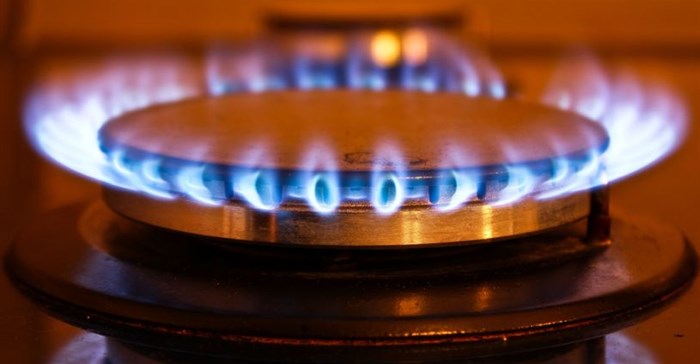
Top stories


ESG & Sustainability#BudgetSpeech2026: SRD grant unchanged, other Sassa social grants see hike
7 hours




More news











ESG & Sustainability
South Africa’s carbon tax should stay: climate scientists explain why











Speaking during a panel discussion at the Argus Liquid Petroleum Gas conference in Cape Town, Atose Aguele, managing director of Avedia Energy, said the maximum retail price of LPG in South Africa has been capped by the Department of Energy since 2010.
"At issue is the maximum refinery gate price (MRGP). The price of LPG is linked to the price of gasoline, which is at odds with what is happening internationally. We have been talking for years about the MRGP - the non-predictability of pricing needs to be addressed urgently," he said.
To further ensure pricing structures that are affordable to all South Africans, competition in the LPG industry needs to be actively promoted to prevent monopolies. "The local LPG industry requires imports to grow - in 2013, 16% of the 400,000 tons of LPG consumed in South Africa was imported. Competition with regards to import terminals is especially important," Aguele said.
The benefits of LPG as an alternative solution to traditional biofuels for domestic and industrial cooking and heating have been widely documented, most notably for its reduced impact on personal and environmental health. It has been estimated that the average South African household that switches to LPG for domestic cooking and heating, could save in excess of 120kg of firewood every year.
Dr Rod Crompton of the National Energy Regulator of South Africa (NERSA), said middle-income residential areas in South Africa - especially people opting for newly constructed 'walled villages' - are an untapped potential market for the LPG industry in South Africa. Many of these estates now have LPG supplied via pipeline, and residents are choosing LPG for both 'fashionable reasons' and in response to interruptions in electricity supply.
"If the industry could switch three million of the around five million middle-income residential properties in South Africa to LPG, it would increase the LPG market by about 200,000 tons a year, which could save us one Koeberg power station," Paul Harris, director of Integrated Energy Solutions, added.
Aguele said all industry players were in agreement that LPG is currently underutilised in this country - only 3% of South Africans are currently using it as an additional source of energy. "We all need to focus on baking a bigger pie and promoting the use of LPG in South Africa as an industry, and not focus on harvesting current market share from each other," he said.